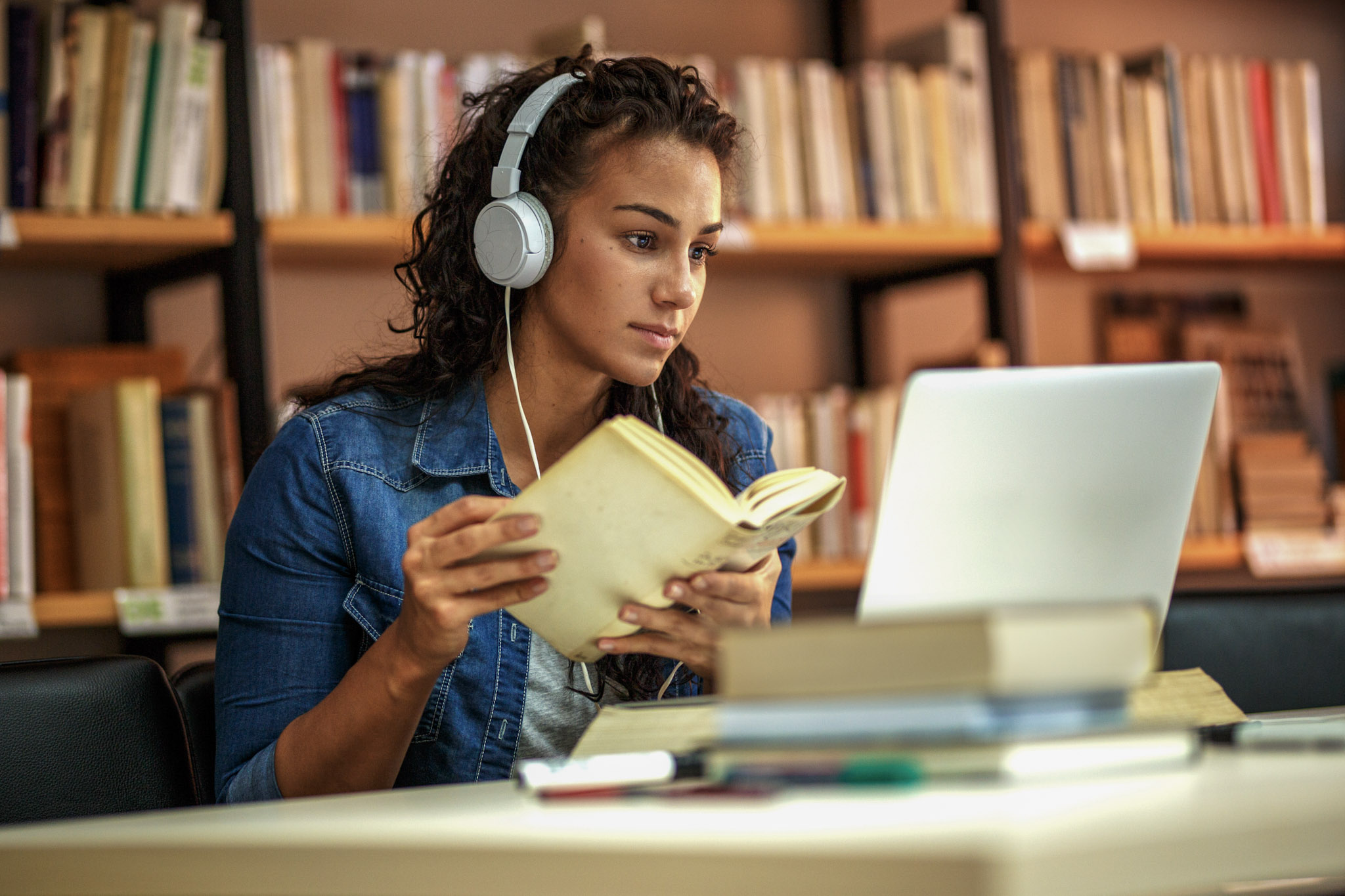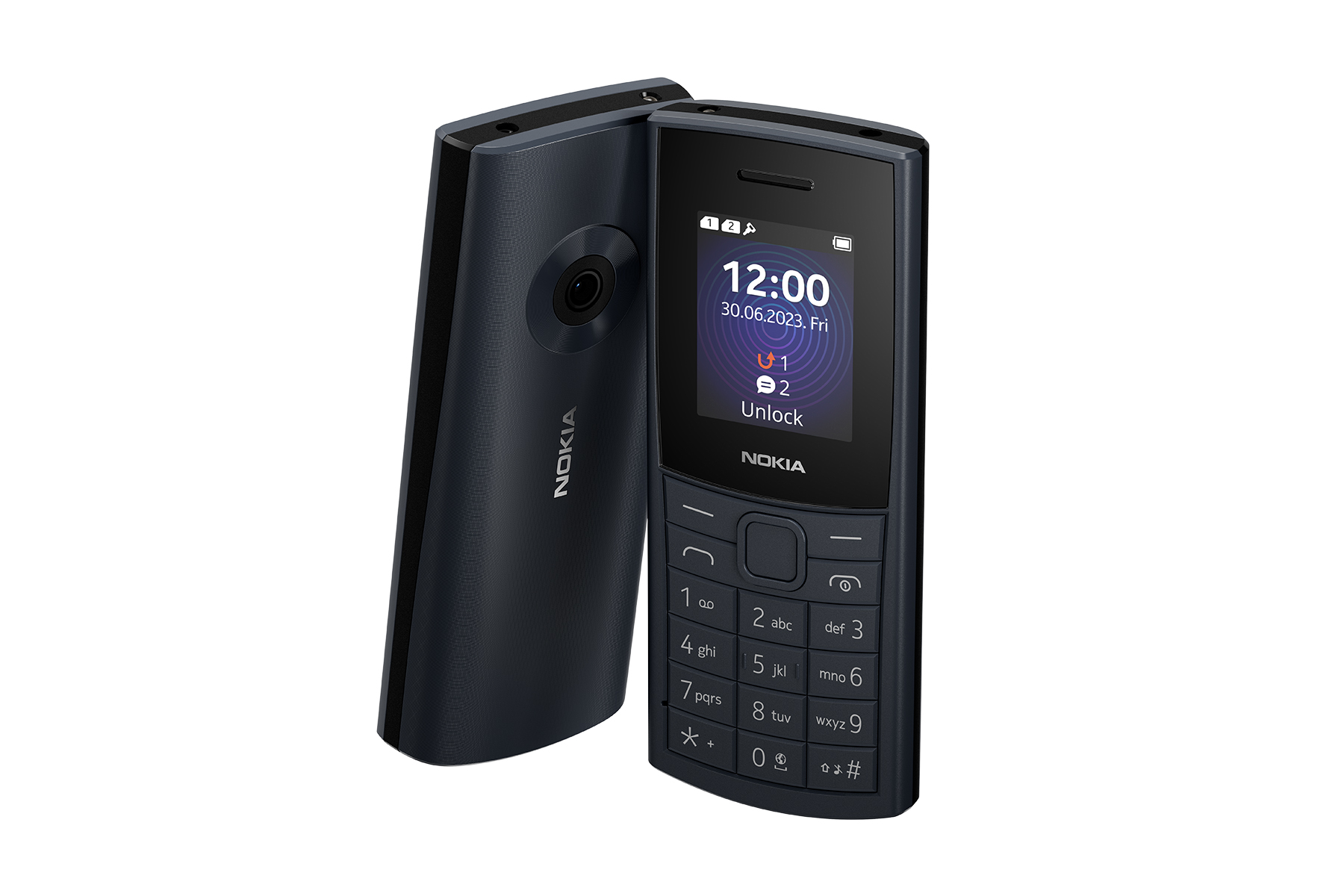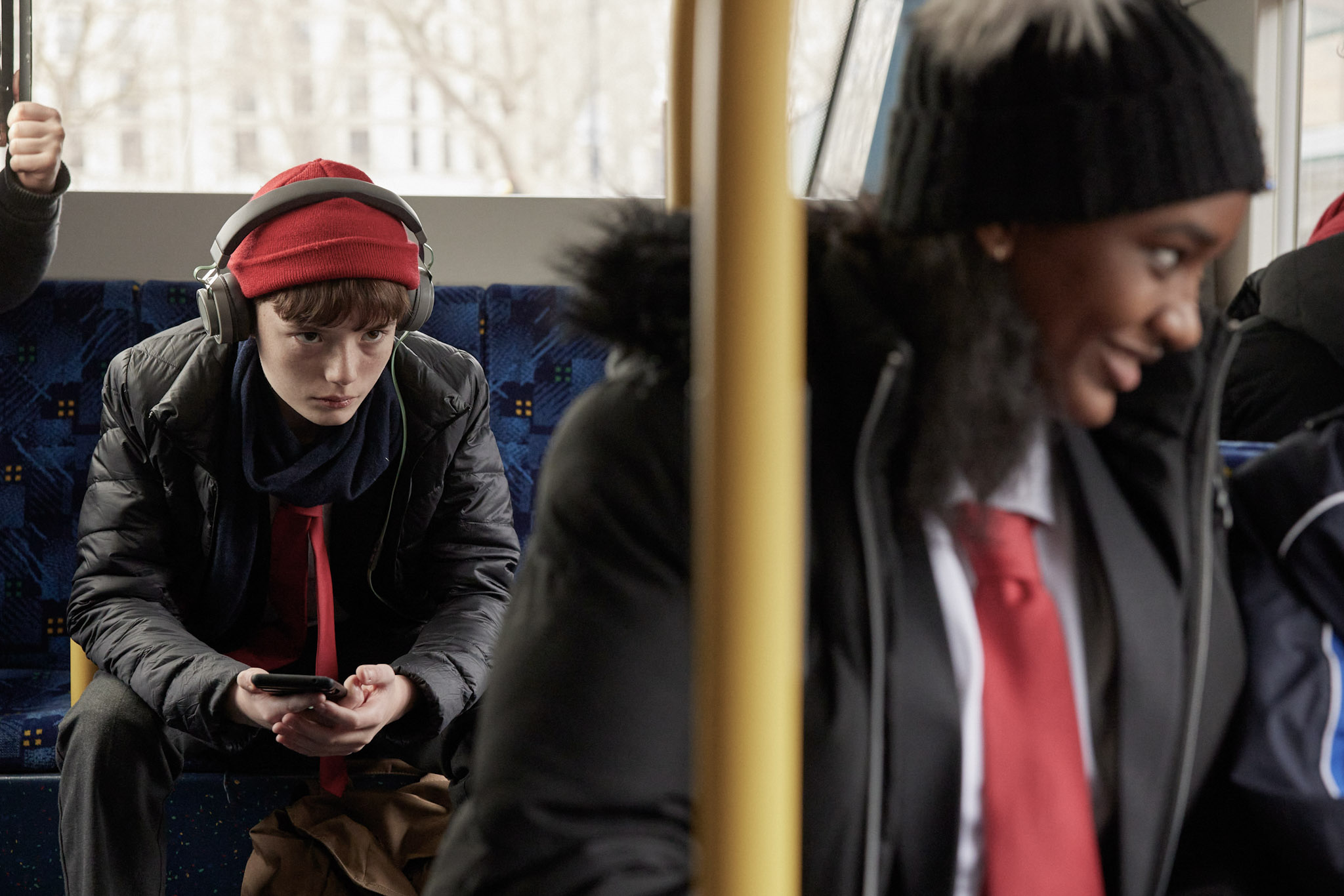In part two of our exam season series, our experts pick the best revision apps for kinesthetic and reading/writing learners.
You’ve arranged the folders and bought new notebooks. You’ve ordered highlighters in myriad different colours and cleared the desk. The stage is set and the curtain is about to raise on… revision season.
Teens across the country are hitting their books to start the long slog towards GCSE and A-level exams. But stationery and self-motivation aside, there are other tools out there to help them, with different students responding better to different tools.
“Visual, auditory, kinesthetic, and reading/writing learners refer to different learning styles, which are hypothetical ways in which people like to process and retain information,” explains Maud Miller, an English specialist with Owl Tutors, a private tuition agency that provides qualified teachers for one-to-one support. “While there’s some debate among educators about how effective learning styles really are, it’s still useful to understand the general characteristics of each one.”
“Most people use a mix of these styles,” stresses Miller. “Research suggests focusing on techniques that work for most learners is more important than matching individual styles.” Even so, “supporters of learning styles believe that different learners might respond better to certain revision techniques based on their preferred learning style.”
In part one, we covered revision aids for visual and auditory learners. In this installment, we look at two very different learning styles.
Exam season: The best revision tools for visual and auditory learners
In the first of a two-part series, our experts pick the best revision apps for different types of learner, and share tips on how to set your own revision timetable.
Kinesthetic learners
“Kinesthetic learners enjoy hands-on activities and movement,” says Miller. “They learn by doing and might find it difficult to sit still in a lecture.” As a result, kinesthetic learners may benefit from hands-on activities or teaching others, she explains.
That might sound hard from home, but AR and VR can come to the rescue. History, geography and art revision can be brought to life through HistoryView‘s free virtual tours of museums and historic sites around the world, all from your laptop or desktop computer.
The BBC’s free VR content allows geographers with access to a VR headset to fly over the Nile and explore Sudanese pyramids, scientists to take part in a spacewalk, historians to immerse themselves in the Easter Rising or the suffragette movement and much more.
Meanwhile, kinesthetic language learners might make use of Mondly VR (£8.99 through Oculus), which allows them to communicate with virtual characters in a virtual world, in a language of their choice.
For GCSE and A-Level revision, teacher and tutor Doug Cameron-Hobbs is a fan of personalised interactive revision site Snaprevise.co.uk: “It includes some topic videos, quizzes and exam question walkthroughs for free. If you pay though, you unlock everything including access to some live revision workshops.
“The videos are slower-paced, so excellent for re-teaching yourself content or for consolidation after a lesson that you just couldn’t quite get to grips with. The exam question walkthroughs are particularly useful for helping you to better understand what you’re being asked to do, and give insights into how examiners would mark a question.”
Escape lockdown with virtual travel, from 360 degree videos to 3D worlds
If you too are yearning for life beyond lockdown, these escapist videos and games can whisk you away to wondrous locations from the Great Pyramid of Giza to the technicolour depths of the oceans – all without leaving home.
Reading/writing learners
“Reading/writing learners love learning through text,” says Miller. “They’re great at taking notes and reading, but might find it hard with only auditory or visual input.”
For those who find it easier to absorb and retain information on the page, Caption.Ed can be a godsend. It isn’t especially cheap (from £10 a month for the basic service) but it can transcribe any recording of a lecture or broadcast, which you can then annotate, so the transcripts can form the basis of your very own study guides.
Write your revision materials in Evernote, and you’ll be able to easily search for specific facts and dates as you need them. You can use templates including reading lists, to-do lists, and essay outlines, create separate ‘notebooks’ for each subject you are revising, and store photos, video, and audio as well. The free plan covers all the basics.
But if the act of writing by hand helps you to digest information, then Penultimate might be for you. It’s an iPad app from the same company as Evernote, so it has the same organisational and search capabilities. When used with a stylus such as the Apple Pencil, it combines the power of digital organisation and search with the act of writing, sketching and diagram drawing. You can share your creations with other students, too.
In part two of our exam season series, our experts pick the best revision apps for kinesthetic and reading/writing learners.
Miller recommends the free app Quizlet: “This flashcard-based app helps reading/writing learners and can also support visual and auditory learners with images and audio features.”
She is also a fan of Adapt, “a smart, personalised revision timetable app that instantly generates the ideal study plan for students, all the way up to exam day, and offers subject-specific resources to help them revise each topic along the way.
“This versatile app is perfect for all learners, as it combines various content formats like videos and written notes with intelligent planning features, ensuring it meets the needs of diverse learning styles and preferences.”
Stay up-to-date with the very latest news from Vodafone by following us on Twitter and signing up for News Centre website notifications.









![mother with daughter with smartphone in snowy weather [Adobe Stock] stock photo of a mother outside in snowy weather with her daughter while using a smartphone](https://www.vodafone.co.uk/newscentre/app/uploads/2024/02/mother-with-daughter-with-smartphone-in-snowy-weather-Adobe-Stock.jpg)
